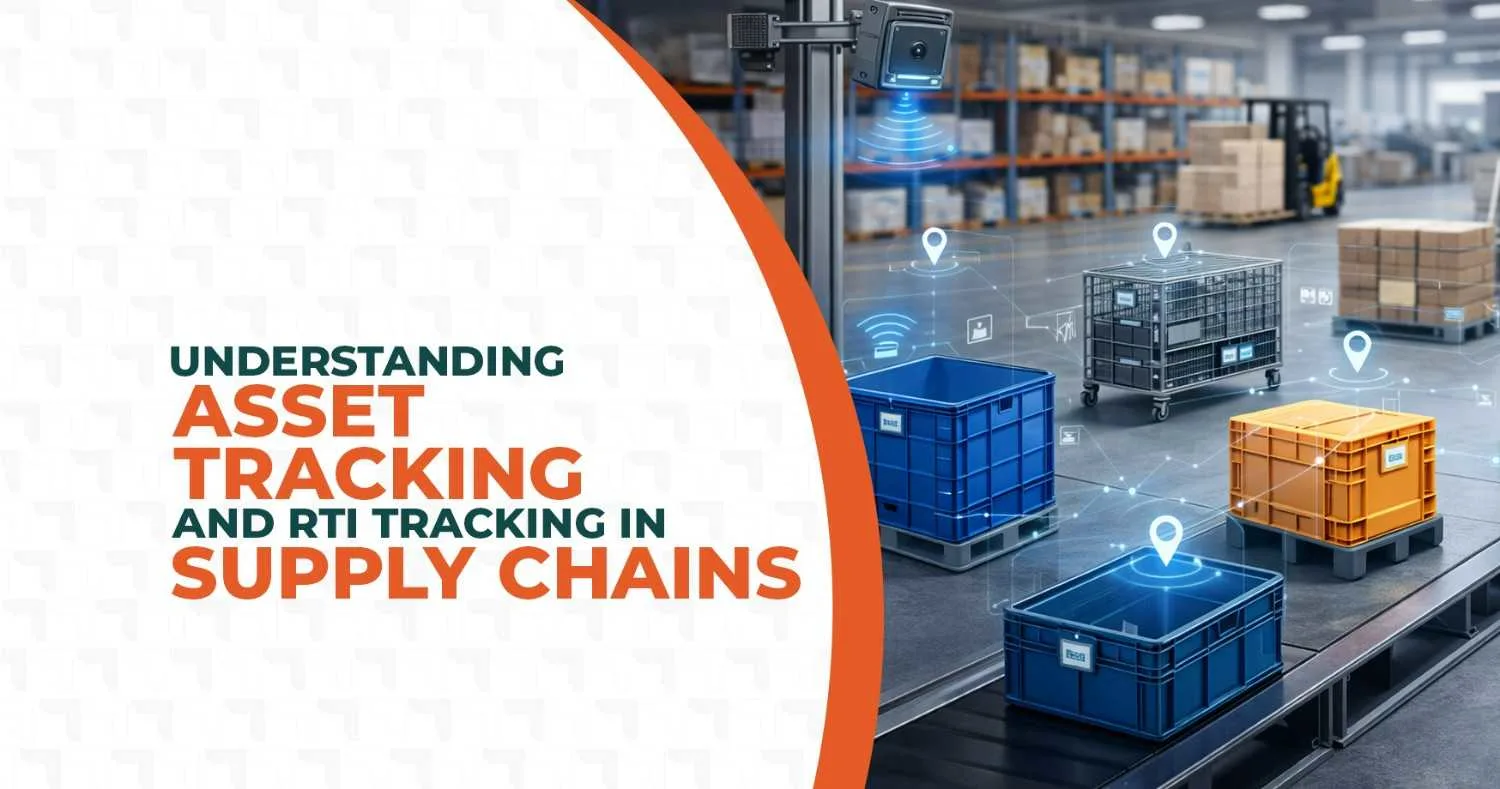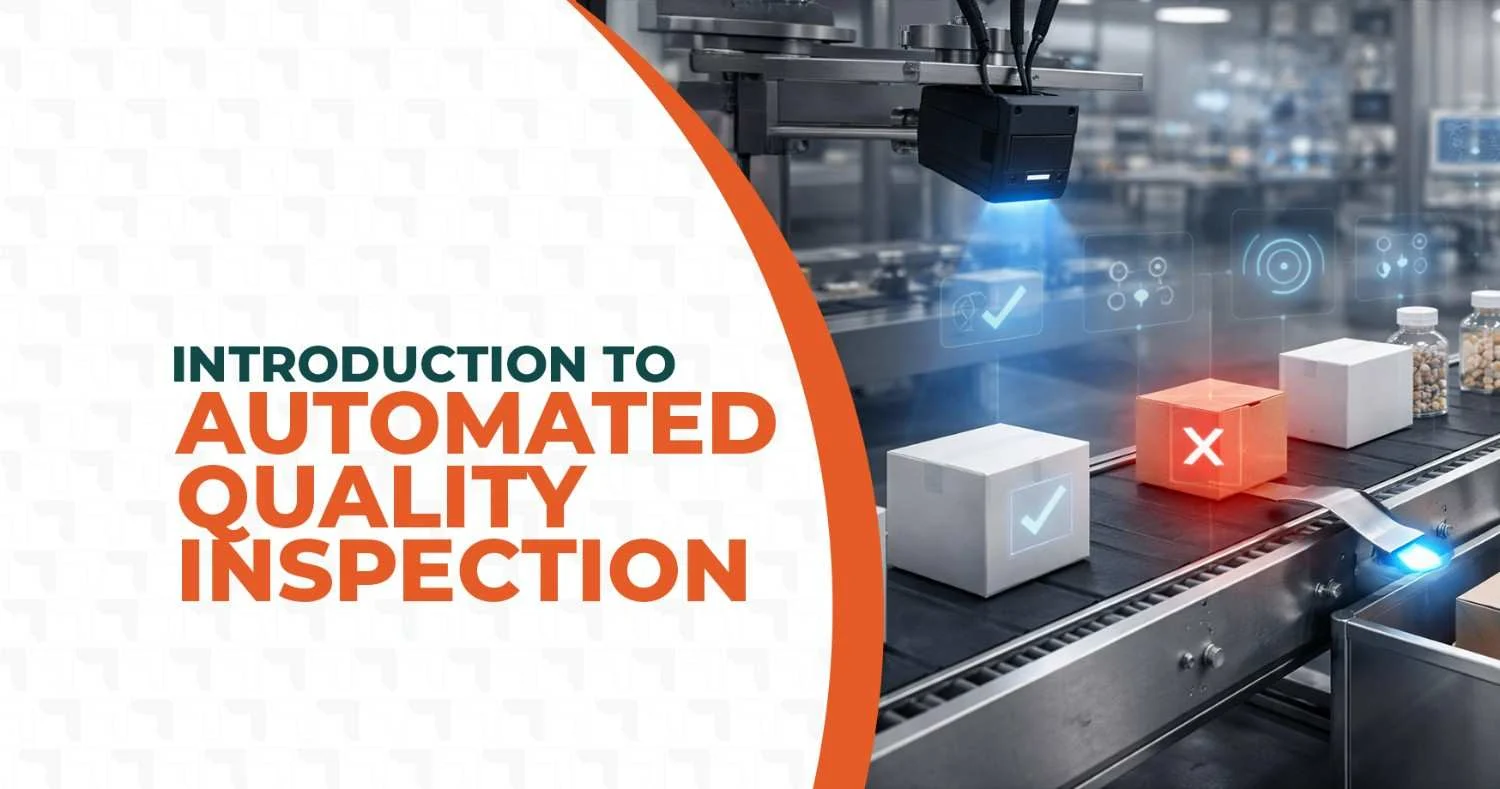
The Future of Pharmaceutical Logistics: Best Practices for Supply Chain Optimization
The pharmaceutical industry is vital in worldwide healthcare, providing essential medications and treatments to people globally. Managing the supply chains in the pharmaceutical industry is a complex task that requires careful oversight to ensure the safe and efficient delivery of medicines. The pharmaceutical supply chain requires meticulous coordination and robust management strategies, from sourcing raw materials to manufacturing, distribution, track and trace systems, and meeting regulatory standards. Otherwise, it can result in unfavorable scenarios, which can disrupt the overall functioning of the health sector. A famous example to support this fact is the CDC's 20 percent loss of COVID-19 vaccines due to cold chain issues. Therefore, pharma companies must implement succinct practices that optimize their supply chain. Why Are Efficient Supply Chains Important in the Pharmaceutical Industry?
- Supply chains within the pharmaceutical sector are vital in guaranteeing medication availability, safety, and punctual delivery to patients. Its significance is multifaceted.
- Patient Medication Access: A proficient pharmaceutical supply chain is essential for patients to obtain necessary medicines. By delivering medications promptly to various healthcare facilities, the supply chain ensures patients receive appropriate treatments when needed. Any disruption can cause shortages, treatment delays, and potential harm.
- Product Safety and Quality: The supply chain upholds the safety and integrity of pharmaceutical products. Every stage must adhere to strict quality and regulatory standards from raw material sourcing to distribution. Proper handling, especially for temperature-sensitive drugs, is vital. A robust supply chain ensures medicines reach patients safely and effectively.
- Compliance with Regulations: The pharmaceutical industry is heavily regulated; adherence to standards like GMP, GDP, labeling, and record-keeping is crucial. Compliance guarantees product quality, avoids penalties, and builds trust with authorities and patients.
- Efficiency and Cost Control: An efficient supply chain helps pharmaceutical companies optimize costs and stay competitive. Practices like demand forecasting and streamlined logistics reduce waste, lower inventory costs, and enhance operational efficiency. This cost-effectiveness allows companies to allocate resources to research, innovation, and improving patient access.
- Product Authentication and Anti-Counterfeiting: The supply chain implements measures to authenticate products and prevent counterfeiting, protecting patients. Technologies like track and trace in pharma, serialization, and barcoding verify product authenticity, ensuring genuine medications reach patients.
- Emergency Preparedness: A resilient supply chain is crucial during crises like disease outbreaks. Rapid response, efficient medication distribution, and meeting increased demand save lives and mitigate disaster impact. A well-prepared supply chain supports emergency response efforts effectively.
- Global Health Impact: The pharmaceutical supply chain significantly affects global health. It enables medication distribution to remote areas and supports access to essential medicines. A strong supply chain aids global health initiatives, facilitates clinical trials, and advances medical research and innovation.
Pharmaceutical Supply Chain Challenges
1. Regulatory Adherence Challenges
The pharmaceutical sector operates within intricate regulations, including Good Manufacturing Practices (GMP) and country-specific standards. Ensuring compliance across the supply chain is complex, time-consuming, and costly, but essential for quality.
2. Complex Global Networks
The pharma supply chain involves diverse stakeholders across regions. Coordinating activities and maintaining consistent quality standards among suppliers, manufacturers, and retailers poses substantial challenges in this fragmented, globalized network.
3. Cold Chain Complexity
Many pharmaceuticals require specific temperature conditions for efficacy. Managing cold chain logistics, including storage and transportation, is crucial but challenging. Proper handling of temperature-sensitive products is vital for product integrity and patient safety.
4. Combating Counterfeiting
Counterfeit medicines endanger patients and tarnish pharmaceutical reputations. Detecting and preventing counterfeits from entering the supply chain is an ongoing challenge. Implementing track and trace in pharma is crucial to ensuring supply chain integrity and patient safety.
5. Demand Prediction and Inventory Control
Accurate demand forecasting is vital to prevent shortages or excess inventory. However, predicting pharmaceutical demand is complicated due to various factors. Balancing inventory levels requires advanced forecasting models and real-time data, demanding effective stakeholder collaboration.
6. Enhancing Visibility and Traceability
Maintaining visibility throughout the supply chain is essential for identifying bottlenecks, ensuring quality, and enabling recalls. The complexity of the pharma supply chain makes effective tracking challenging. Implementing technologies like blockchain and real-time monitoring enhances visibility and traceability.
7. Supplier Management and Material Sourcing
Raw material quality directly impacts final product quality. Managing a network of compliant suppliers is demanding. Ensuring a stable supply of high-quality materials is crucial to preventing manufacturing disruptions and maintaining product standards.
8. Cost-Containment Challenges
Pharmaceutical companies grapple with rising expenses and pricing pressures. Balancing cost containment with quality maintenance and regulatory compliance is a perpetual challenge for pharma supply chains, demanding innovative solutions.
Best Practices for Supply Chain Optimization in the Pharma Industry
- Collaborative Partnerships: Foster strong collaboration among manufacturers, suppliers, and distributors for streamlined communication and enhanced efficiency.
- Technological Integration: Implement advanced technologies like IoT sensors and blockchain for real-time tracking, ensuring product integrity and enabling rapid response during emergencies.
- Demand Forecasting: Utilize data analytics and AI to forecast market needs accurately, preventing excess inventory or stockouts and optimizing production.
- Cold Chain Management: Invest in state-of-the-art refrigeration systems and real-time monitoring tools to maintain temperature-sensitive products.
- Lean Practices: Adopt lean principles to minimize waste and maximize efficiency at every stage of the supply chain, reducing costs and improving productivity.
- Skilled Workforce: Invest in a knowledgeable and professional workforce, well-versed in pharmaceutical intricacies, to uphold best practices and ensure compliance with industry standards.
- Enhance Product Traceability: Implement a track and trace system, serialization, and barcode scanning, ensuring detailed product traceability throughout the supply chain.
Optimizing the pharmaceutical supply chain is pivotal for ensuring seamless operations, product integrity, and patient safety. Leveraging advanced technologies such as serialization and barcode scanning enhances traceability and aids in combating counterfeiting. Use BCI's track and trace system to revolutionize your supply chain and ensure the efficiency, compliance, and, most importantly, the well-being of patients.
FAQs
1. Why is Traceability Important in the Pharmaceutical Industry?
Traceability ensures that the journey of a pharmaceutical product can be traced from manufacturing to distribution, ensuring authenticity, quality, and regulatory compliance while combating counterfeiting.
2. How Does Serialization Help in Supply Chain Transparency?
Serialization involves assigning unique codes to products, allowing for precise tracking. It enhances transparency by providing real-time information about a product's location, helping in better decision-making and preventing unauthorized access.
3. What Challenges Can Track and Trace Systems Address in the Pharma Supply Chain?
Track and trace in pharma address challenges like counterfeiting, diversion, product recall, expiration checks, and unauthorized distribution. By providing accurate and real-time data, these technologies enhance security and efficiency in the supply chain.
4. Can a Track and Trace System Improve Product Recalls?
Yes, track and trace in pharma enable rapid and accurate recalls. In the event of a defective product, the system can pinpoint affected batches, allowing for targeted recalls, minimizing costs, and ensuring consumer safety.
5. Is Implementing a Track-and-Trace System Expensive for Pharmaceutical Companies?
While initial implementation involves costs, the long-term benefits, including reduced operational errors, minimized losses from counterfeiting, and enhanced regulatory compliance, outweigh the expenses. Moreover, it strengthens the company's reputation and customer trust.



